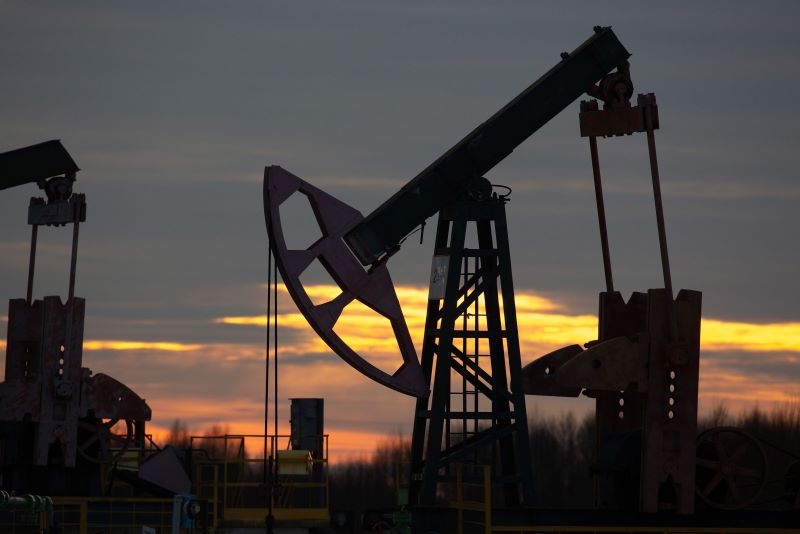Following a trip to Qatar on Sunday, German Economy Minister Robert Habeck will visit the UAE – one of the world’s biggest oil exporters – as Europe’s biggest economy seeks to reduce its dependence on Russian energy.
Qatar has agreed to work on supplying Germany with liquefied natural gas, while the German government has fast-tracked the construction of two LNG import terminals, a QatarEnergy statement said.
Both countries agreed “that their respective commercial entities would re-engage and progress discussions on long-term LNG supplies from Qatar to Germany,” according to the statement.
Robert Habeck will also see visit the UAE, as part of efforts by major economies to secure energy after the Russia-Ukraine conflict threw global supplies into disarray, Bloomberg reported.
UK Prime Minister Boris Johnson also held talks in Saudi Arabia and UAE last week to ask them to pump more oil, amid calls for the Organization of Petroleum Exporting Countries (OPEC) to increase oil output.
Germany gets more than half of its natural gas, half of its coal, and roughly a third of its oil from Russia. In another effort to diversify, Germany and Norway are considering building a hydrogen pipeline to reduce Europe’s dependence on Russian energy.
Germany’s challenge is finding short-term alternatives to Russian gas this year, a bottleneck Habeck acknowledged before his trip.
The country doesn’t have any LNG import terminals of its own after years of debating whether they were necessary.
While Qatar was the world’s biggest LNG producer last year, its officials had previously said it couldn’t help much because most of its gas is sold under long-term supply contracts to Asia.

Only 10 percent to 15 percent of Qatari LNG can be diverted at short notice. The rest would need the permission of contracted buyers to be sent to Europe.
Qatar is spending almost $30 billion to increase its output capacity by 50 percent, but the project isn’t expected to yield its first gas until the end of 2025.
The US was Europe’s biggest source of LNG in 2021, accounting for 26 percent of imports by European Union countries and the UK, followed by Qatar with 24 percent and Russia with 20 percent, according to the US Energy Information Administration.
“Qatar is in the process of increasing its gas extraction and we need more gas in the short term to replace Russian supplies,” Habeck said in his Twitter video. “That is what I discussed with the Emir and the energy minister.”







